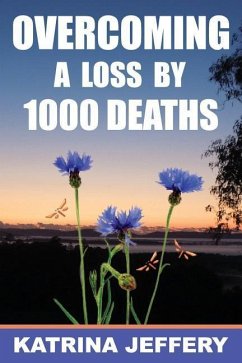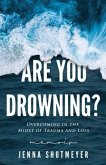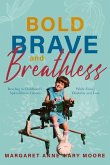Motor neurone disease or ALS in combination with frontotemporal degeneration (FTD) is the cruellest combination of terminal illness anyone can have inflicted on them. No one should have to go through their life with this disease affecting them, and yet every single day people are doing their best to live with it all over the world. What does it really feel like to sit in an office and have the words motor neurone disease pronounced? Perhaps the most famous description went viral, raising so much money and awareness: 'It's like having a bucket of ice water tipped over your head.' That was a great catchline and the challenges were awesome, as they took on a life of their own. It's a gross understatement nonetheless. How do you love in the face of deepest despair? How do you overcome the 1000 deaths as the disease progresses until the ultimate loss of life? Katrina is an ordinary person who found herself in an extraordinary situation when her husband Chris was diagnosed with MND at only 52 years old. Follow her journey as she learns about life, love and loss, caring for Chris and watching both his body and his personality being eroded away day by day. We all think we have so much life ahead, and that these terrible things can't happen to us. The reality is that we will all face terminal illness in someone we love. When that happens, how will you cope? Even more than coping, how will you overcome the loss? Story telling is the most powerful method of support available to people. We can read all the medical descriptions available, but they tell us nothing about what people actually go through when facing terminal illness. They provide us no idea of what we will face inside, no means to cope. I am sure that every person in this world feels that if they were given their time again they would do better, more or differently. Each situation we face in life is an opportunity to grow as a person, and increase our ability for love and compassion. You will not be given a watered down account of life with a terminal illness. This is a story of love, but it is not an easy story. It is a story told with raw emotion and the reality of cold hard facts and feelings.








